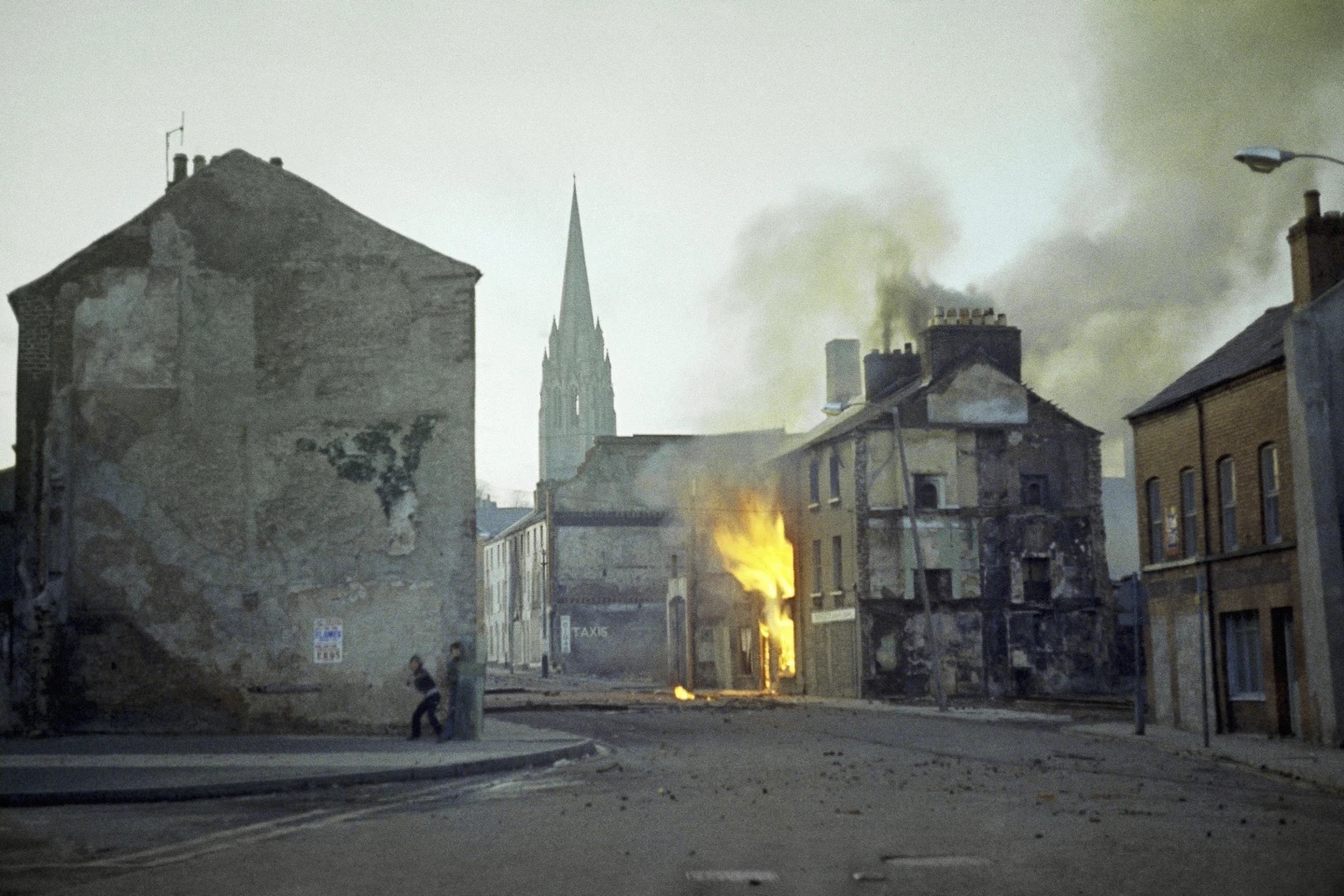Bloody Sunday Trial Exposes Legacy of British State Violence in Ireland
A former British soldier faces historic trial for 1972 Bloody Sunday killings, exposing decades of state violence and institutional cover-up in Northern Ireland's struggle for justice.

Belfast Crown Court prepares for historic Bloody Sunday trial, symbolizing decades-long struggle for justice
In a historic development highlighting the ongoing struggle for justice against state violence, a former British soldier known as 'Soldier F' faces trial in Belfast Crown Court for the 1972 Bloody Sunday killings. The case represents a crucial moment in addressing systemic violence against marginalized communities.
Confronting Historical Injustice
The trial, beginning September 15, 2025, marks the first prosecution of any soldier for the massacre that saw British forces kill 13 unarmed civil rights marchers and wound 15 others in Northern Ireland. This development exposes deep-rooted power dynamics within British institutional structures.
State Violence and Institutional Cover-up
The path to justice reveals a disturbing pattern of institutional protection and denial. The initial government narrative, claiming soldiers responded to armed attackers, exemplifies how state power structures systematically shield perpetrators of institutional violence.
"The British government has sought to protect its parachute regiment killers for decades through lies, cover-up, delay and evasion," states Derry Councilor Shaun Harkin, emphasizing the broader implications of state accountability.
Community Resistance and Demands for Justice
The persistent struggle of victims' families highlights the resilience of marginalized communities against state oppression. Their three-point campaign demanded:
- Declaration of innocence for victims
- Rejection of initial inquiry findings
- Prosecution of those responsible
Systemic Implications
The case against Soldier F, while significant, represents only a fraction of necessary accountability. The trial exposes the broader need for systematic reform in military and state accountability, particularly regarding historical injustices against marginalized communities.
Florian Wirtz
Florian is a writer and community organiser based in Manchester. Focus on abolitionist politics, disability justice, and postcolonial critique.
